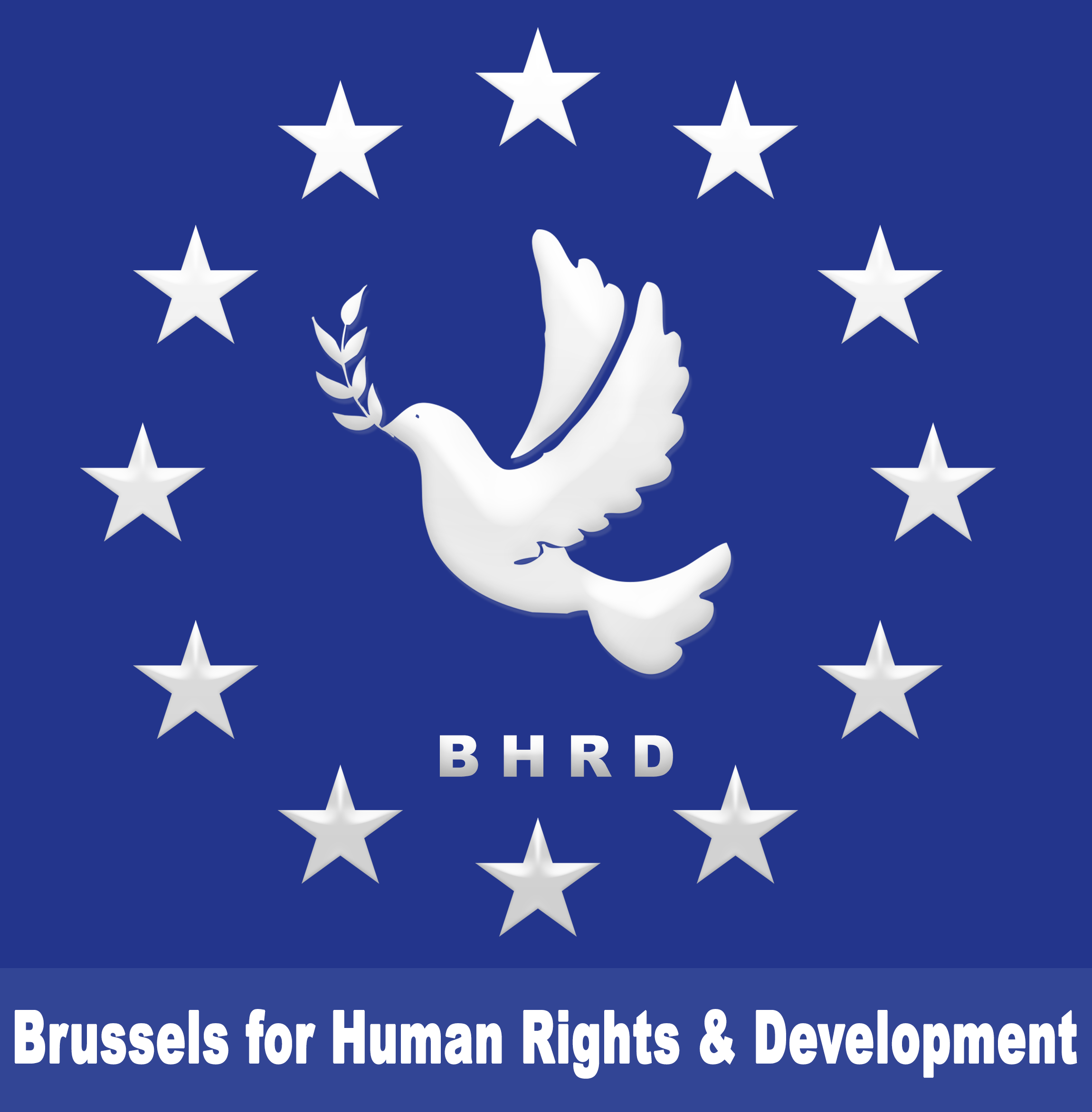
The World Health Organization (WHO) has issued a stark warning about the consequences of US funding cuts, which are threatening critical global health initiatives. WHO Director-General Tedros Adhanom Ghebreyesus expressed deep concern at a press briefing, highlighting the immediate impact on HIV treatment, polio eradication, and responses to infectious disease outbreaks.
HIV Treatment Disruptions and Public Health Setbacks
Among the most significant consequences is the suspension of funding to PEPFAR (the President’s Emergency Plan for AIDS Relief), which has caused:
- Immediate halts to HIV treatment, testing, and prevention services across 50 countries.
- Clinic closures and job losses among health workers.
- Exclusion of prevention programs for at-risk groups, despite exemptions for life-saving treatment.
Tedros urged the US government to reconsider its funding approach, warning that without alternative solutions, millions of vulnerable people will lose access to essential health services.
Ebola Outbreak in Uganda
Turning to the Ebola outbreak in Uganda, Tedros reported nine confirmed cases and one death. In response, WHO has:
- Deployed emergency teams to support treatment, surveillance, and infection control.
- Launched a vaccine trial within four days of the outbreak.
- Allocated $2 million from its emergency fund, in addition to $1 million previously provided.
Approval for therapeutics trials is still pending, but WHO is working urgently to contain the outbreak.
Health Crisis in the Democratic Republic of the Congo (DRC)
In the Democratic Republic of the Congo (DRC), escalating violence in the east has led to more than 900 deaths and over 4,000 injuries. The humanitarian crisis has significantly weakened the health system:
- Only one-third of those in need can access health services in North and South Kivu.
- Infectious diseases like mpox and cholera pose increasing risks.
- Severe shortages of medicines and fuel are hindering WHO’s ability to respond effectively.
Progress in Childhood Cancer Treatment
Amid the challenges, WHO announced a major breakthrough in childhood cancer treatment in low and middle-income countries. As part of the Global Initiative on Childhood Cancer, WHO has begun distributing free cancer medications to:
- Mongolia and Uzbekistan (first recipients).
- Four additional countries in the coming months.
The program, developed in partnership with St. Jude Children’s Research Hospital, aims to reach 120,000 children in 50 countries over the next five to seven years, bridging the survival gap between high-income and low-income nations.
A Call for Immediate Action
WHO has called on the global community to step up support, especially as US funding cuts threaten progress in global health. Tedros emphasized that consistent financial commitment is crucial to maintaining disease control efforts, ensuring essential treatment access, and responding to emerging health threats.
For continued updates on global health initiatives and WHO’s response efforts, follow our platform as we track these critical developments.


 العربية
العربية